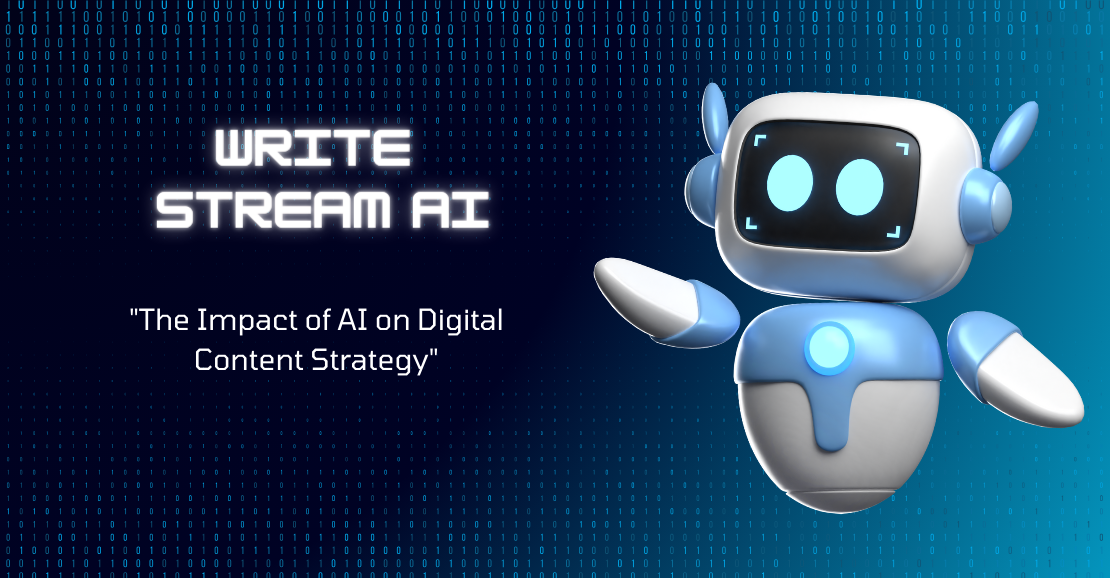The Impact of AI on Digital Content Strategy
Artificial Intelligence (AI) has been a hot topic in recent years, with its advancements and potential to transform various industries. One area where AI has made a significant impact is digital content strategy. Content marketing has evolved tremendously over the years, and with the integration of AI, it has further revolutionized the way businesses approach their online content. In this article, we will explore the impact of AI on digital content strategy and how it is changing the game for businesses.
First and foremost, what exactly is AI? Simply put, AI refers to the simulation of human intelligence in machines that are programmed to think and act like humans. It involves a wide range of technologies, such as natural language processing, machine learning, and computer vision, to name a few. These technologies enable machines to analyze data, learn from it, and make decisions or recommendations based on that data. Now, how does this relate to digital content strategy?
One of the most significant impacts of AI on digital content strategy is its ability to personalize content for each individual consumer. With the increasing amount of data available, AI algorithms can analyze and understand consumer behavior, preferences, and interests. This enables businesses to create highly targeted and personalized content that resonates with their audience. AI-powered personalization not only improves the user experience but also increases engagement and conversion rates.
Moreover, AI also helps in content creation and curation. With machine learning algorithms and natural language processing, AI can understand and generate human-like content. For instance, AI-powered tools can write product descriptions, social media posts, and even news articles. This not only speeds up the content creation process but also ensures consistency and accuracy. AI can also assist in content curation by analyzing vast amounts of data to identify relevant and trending topics, making it easier for businesses to create content that aligns with their audience's interests.
Another significant impact of AI on digital content strategy is its role in search engine optimization (SEO). As Google's algorithms become more complex and constantly evolving, it is challenging for businesses to keep up with the latest SEO strategies. However, AI-powered tools can analyze search patterns and optimize content to improve its ranking on search engine results pages. This results in more visibility and organic traffic for businesses.
In addition to creating and optimizing content, AI can also improve its distribution. With AI algorithms, businesses can identify the most effective channels to reach their target audience and the best time to publish content. This helps in maximizing the impact of their content and reaching a larger audience with minimal effort.
Furthermore, AI also plays a crucial role in customer service and engagement. Chatbots, powered by AI, can quickly respond to customer queries, provide relevant information, and even make product recommendations. This not only enhances the customer experience but also frees up human resources to focus on other aspects of the business.
In conclusion, AI has transformed digital content strategy in various ways, from personalization and content creation to SEO and customer engagement. With its ability to analyze vast amounts of data and make intelligent decisions, AI has become an essential tool for businesses to stay ahead in the highly competitive digital landscape. However, it is crucial to remember that AI is only as effective as the data and instructions it receives. Therefore, businesses must constantly monitor and update their AI systems to ensure optimal performance. As technology continues to evolve, we can expect AI to have an even more significant impact on digital content strategy in the future.























Write your comment
Cancel Reply